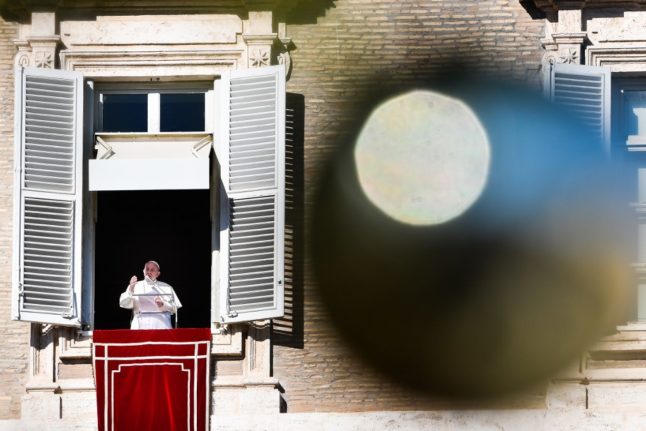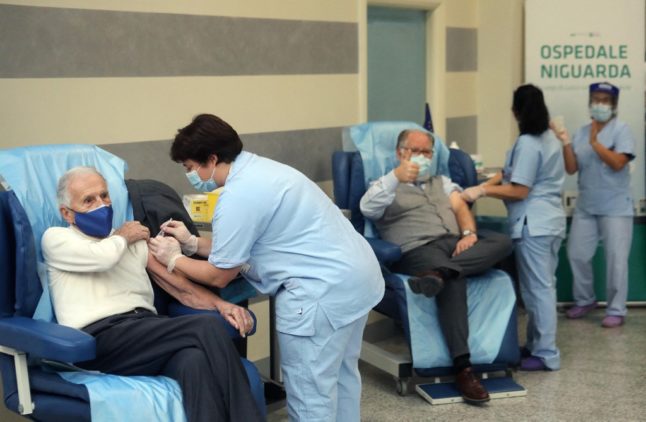The usual Midnight Mass, normally held from 9:30 pm in St Peter's Basilica on December 24th, will start this time at 7.30pm.
With the ceremony normally lasting around 90 minutes, this will allow time for worshippers to get home before Italy's 10pm nationwide curfew comes into effect.
TIMELINE: How Italy's coronavirus travel rules get stricter towards Christmas
The event normally draws large crowds but the Vatican said attendance at masses celebrated by the pope in December and early January will be very limited due to the need for social distancing.
Italy's government has kept the 10pm-5am curfew rule in place over Christmas and New Year, extending it until 7am on New Year's Day, as it hopes to discourage socialising – and possible virus transmission – over the festive period.
The 83-year-old pontiff, who is rarely seen wearing a mask, was forced to cancel his weekly general audiences with the public in November due to a rise in infections.
Italy remains one of the European countries wosrt hit by the coronavirus, having reported more than 61,700 deaths.



 Please whitelist us to continue reading.
Please whitelist us to continue reading.
Member comments